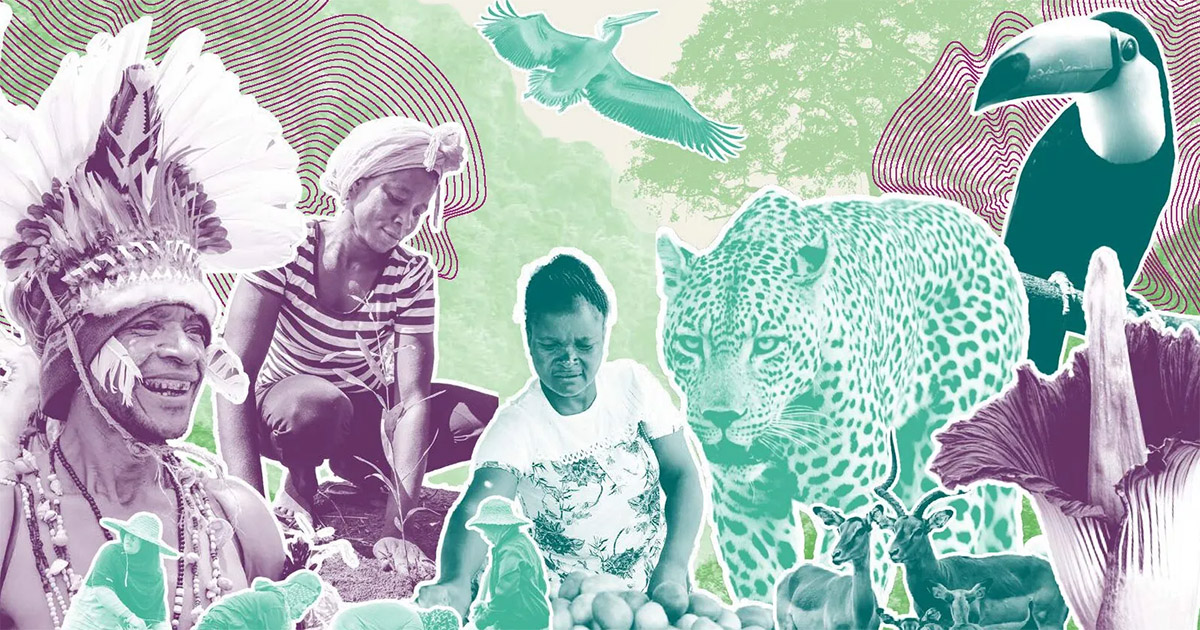In a landscape, perceptions can influence people’s actions and behavior toward natural resource use. Improving landscape governance, therefore, requires understanding the different concerns of stakeholders operating within the landscape. This paper analyzes the perceptions of local stakeholders—local landscape users, practitioners engaged in conservation and sustainable resource use, and private actors—regarding the landscape governance system, using the Q-methodology to identify common concern entry points for the implementation of a landscape approach in the Western Wildlife Corridor (WWC) in northern Ghana. To this end, individual interviews and focus groups were conducted with local communities and organizations operating in three Community Resource Management Areas (CREMAs). They identified destructive livelihood activities, constrained livelihoods, and a weak governance system as the main challenges, and the need to balance livelihoods with conservation, strengthening landscape governance through the CREMA initiative, and awareness raising as the main solutions. Thus, the Q-method allowed identifying common concern entry points regarding landscape challenges, governance issues, and potential solutions. I argue that consensus among stakeholders regarding these challenges and solutions could lay the groundwork for a multi-stakeholder process in the area, which could help foster the implementation of an integrated landscape approach in the WWC landscape. It is crucial to support the livelihoods of local people to reduce pressures on natural resources. It is also important to strengthen the functioning of local CREMA management bodies with technical, logistical, and financial support. Implementing a participatory monitoring and evaluation mechanism is critical in this regard.
Download:
DOI:
https://doi.org/10.1007/s00267-023-01881-2
Dimensiones Recuento de citas:



















